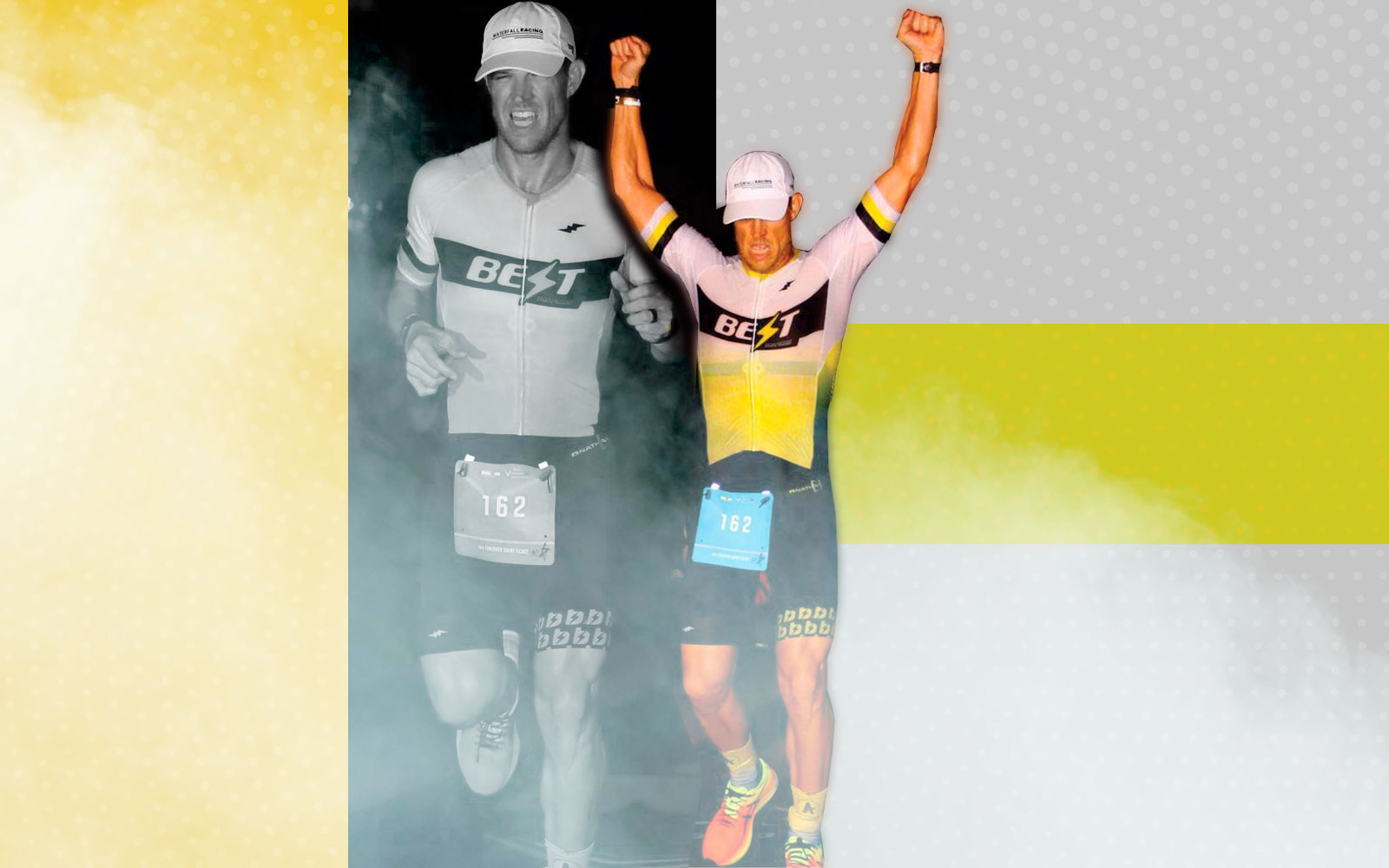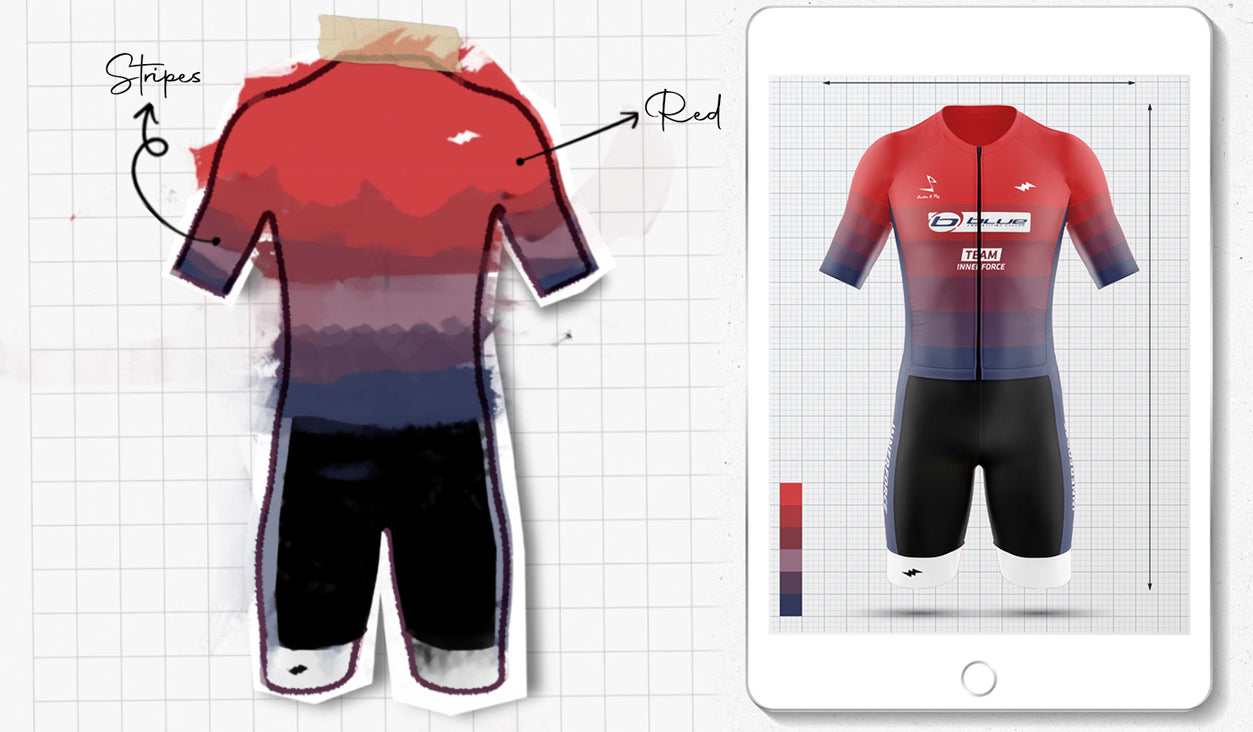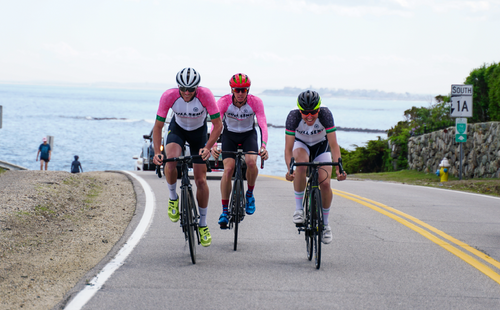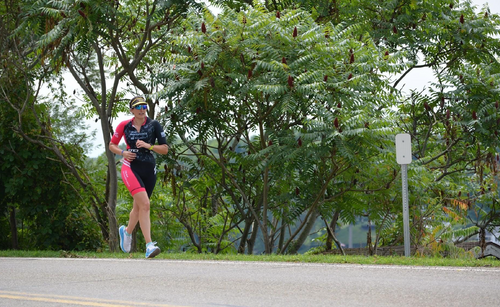Triathlon Training 101: Proven Strategies for Avoiding Injuries

Triathlons are one of the most physically demanding sports in the world, requiring athletes to push their bodies to their limits and beyond. While it is possible for some individuals to complete a triathlon with minimal preparation, those who want to compete at the highest level must learn how to train properly. But even with proper training, injuries can occur if you don’t take precautions. This article will provide tips on how serious triathletes can avoid injuries while also providing advice on quickly recovering from them so they can get back out there and compete at their best!
Triathlons are composed of three disciplines: swimming, cycling and running. Not only do these races require a great amount of physical strength and stamina, but they also necessitate good technique in order to complete them at the highest level. The swim leg requires swimmers to use proper form in order to reduce drag and increase their speed while the cycling leg requires cyclists to maintain an aerodynamic position in order to maximize their output and efficiency. Finally, the running leg requires runners to develop a proper running form in order to reduce fatigue and injury risk.
The Importance of Proper Training
The importance of proper training in triathlon cannot be overstated. By adopting and adhering to a comprehensive training regimen, athletes can maximize their performance while minimizing the risk of injury. While some people may think that it is enough just to be physically fit for a triathlon, this is not necessarily true. Proper technique and form are also essential in order to not only perform well but also avoid injuries.
Tips for Avoiding Injury
-
Proper Warm-Up: Before each workout, it is essential for triathletes to warm up their bodies properly. This includes both dynamic stretching and cardiovascular exercises that will help increase the heart rate and loosen tight muscles before beginning hard workouts.
-
Proper Nutrition: Eating a balanced diet and fueling properly during hard workouts is key in avoiding injury. Not only will this help maintain energy levels, but it will also ensure that the body has enough nutrients to repair itself after intense workouts.
-
Rest and Recovery: Although training hard is important, rest and recovery are just as important. Overtraining can lead to injuries, so it is essential for triathletes to take at least one rest day per week and incorporate active recovery activities into their training plans.
-
Use the Right Gear: It is important for triathletes to use the right gear, such as a wetsuit, bike helmet, and running shoes, to reduce the risk of injury during their workouts.
Strategies for Avoiding Injuries During Training
Triathletes must pay attention to many details in order to avoid injuries while training. Proper warm-up, nutrition, rest and recovery, as well as proper gear are key elements for avoiding injury. Here we will discuss strategies for avoiding injuries during training that any serious triathlete should keep in mind.
One of the most important strategies for avoiding injury is to not overtrain. This means that athletes should avoid pushing their bodies past their limits and listen to their bodies when they are feeling tired or sore. Also, it's important to give your body enough time to rest and recover between workouts so that it can repair itself properly.
Another strategy for avoiding injuries is to use proper form and technique during workouts. This includes using proper swimming, cycling, and running form in order to reduce the risk of injury. Additionally, it is important to use the right gear since this will help protect the body from potential injuries.
Advice for Quickly Recovering from Injury
Although triathletes should always do their best to avoid injuries, they can still occur during training or competition. In such cases, it is important to take the right steps in order to recover quickly and safely so that athletes can get back to training as soon as possible.
The first step in recovering from an injury is to consult a doctor or physical therapist who can assess the severity of the injury and provide advice on the best course of action to take. Depending on the type of injury, this may involve rest, physical therapy, or even surgery.
In addition to medical treatment, athletes should also focus on good nutrition in order to aid in the recovery process. Eating a diet rich in protein and other nutrients will help speed up the healing process. Additionally, athletes should also incorporate active recovery activities into their training plan in order to ensure that the body is not overstressed during the recovery period.
Tips for Maintaining Mental Strength Throughout the Process
Mental strength is an essential aspect of the triathlon journey and one that should not be overlooked. It takes a lot of mental endurance to train for and compete in a triathlon, and even more to recover from injury. To ensure that athletes remain mentally strong throughout the process, there are a few tips that can be implemented.
One of the most important tips for staying mentally strong is to set realistic goals and be honest about what you can achieve. It is normal to feel frustrated or discouraged when injured, so it’s important to keep perspective and stay focused on the long-term goal. Staying positive throughout the recovery process will help athletes get back on track quickly.
In addition to setting realistic goals, it is also important for athletes to have a support system in place that they can rely on during tough times. It can be helpful to talk to family and friends, or even seek out professional help if needed. Lastly, maintaining a healthy lifestyle outside of training is key to staying mentally strong because it helps to manage stress and gives the body and mind a break.
Final Thoughts on Preparing to Compete at Your Best in a Triathlon
Training for and competing in a triathlon is no easy feat, but it is certainly possible with the right preparation. In order to compete at your best and avoid injuries, it is important to focus on proper form and technique, nutrition, rest and recovery, and mental strength. With the right approach, triathletes can ensure that they are well-prepared for their next race and compete at their best!
The rewards of training for a triathlon are great, so make sure to be diligent in your preparation and listen to your body. With enough discipline and dedication, you’ll be able to reach your goals and successfully cross the finish line. Good luck!

Triathlons are one of the most physically demanding sports in the world, requiring athletes to push their bodies to their limits and beyond. While it is possible for some individuals to complete a triathlon with minimal preparation, those who want to compete at the highest level must learn how to train properly. But even with proper training, injuries can occur if you don’t take precautions. This article will provide tips on how serious triathletes can avoid injuries while also providing advice on quickly recovering from them so they can get back out there and compete at their best!
Triathlons are composed of three disciplines: swimming, cycling and running. Not only do these races require a great amount of physical strength and stamina, but they also necessitate good technique in order to complete them at the highest level. The swim leg requires swimmers to use proper form in order to reduce drag and increase their speed while the cycling leg requires cyclists to maintain an aerodynamic position in order to maximize their output and efficiency. Finally, the running leg requires runners to develop a proper running form in order to reduce fatigue and injury risk.
The Importance of Proper Training
The importance of proper training in triathlon cannot be overstated. By adopting and adhering to a comprehensive training regimen, athletes can maximize their performance while minimizing the risk of injury. While some people may think that it is enough just to be physically fit for a triathlon, this is not necessarily true. Proper technique and form are also essential in order to not only perform well but also avoid injuries.
Tips for Avoiding Injury
-
Proper Warm-Up: Before each workout, it is essential for triathletes to warm up their bodies properly. This includes both dynamic stretching and cardiovascular exercises that will help increase the heart rate and loosen tight muscles before beginning hard workouts.
-
Proper Nutrition: Eating a balanced diet and fueling properly during hard workouts is key in avoiding injury. Not only will this help maintain energy levels, but it will also ensure that the body has enough nutrients to repair itself after intense workouts.
-
Rest and Recovery: Although training hard is important, rest and recovery are just as important. Overtraining can lead to injuries, so it is essential for triathletes to take at least one rest day per week and incorporate active recovery activities into their training plans.
-
Use the Right Gear: It is important for triathletes to use the right gear, such as a wetsuit, bike helmet, and running shoes, to reduce the risk of injury during their workouts.
Strategies for Avoiding Injuries During Training
Triathletes must pay attention to many details in order to avoid injuries while training. Proper warm-up, nutrition, rest and recovery, as well as proper gear are key elements for avoiding injury. Here we will discuss strategies for avoiding injuries during training that any serious triathlete should keep in mind.
One of the most important strategies for avoiding injury is to not overtrain. This means that athletes should avoid pushing their bodies past their limits and listen to their bodies when they are feeling tired or sore. Also, it's important to give your body enough time to rest and recover between workouts so that it can repair itself properly.
Another strategy for avoiding injuries is to use proper form and technique during workouts. This includes using proper swimming, cycling, and running form in order to reduce the risk of injury. Additionally, it is important to use the right gear since this will help protect the body from potential injuries.
Advice for Quickly Recovering from Injury
Although triathletes should always do their best to avoid injuries, they can still occur during training or competition. In such cases, it is important to take the right steps in order to recover quickly and safely so that athletes can get back to training as soon as possible.
The first step in recovering from an injury is to consult a doctor or physical therapist who can assess the severity of the injury and provide advice on the best course of action to take. Depending on the type of injury, this may involve rest, physical therapy, or even surgery.
In addition to medical treatment, athletes should also focus on good nutrition in order to aid in the recovery process. Eating a diet rich in protein and other nutrients will help speed up the healing process. Additionally, athletes should also incorporate active recovery activities into their training plan in order to ensure that the body is not overstressed during the recovery period.
Tips for Maintaining Mental Strength Throughout the Process
Mental strength is an essential aspect of the triathlon journey and one that should not be overlooked. It takes a lot of mental endurance to train for and compete in a triathlon, and even more to recover from injury. To ensure that athletes remain mentally strong throughout the process, there are a few tips that can be implemented.
One of the most important tips for staying mentally strong is to set realistic goals and be honest about what you can achieve. It is normal to feel frustrated or discouraged when injured, so it’s important to keep perspective and stay focused on the long-term goal. Staying positive throughout the recovery process will help athletes get back on track quickly.
In addition to setting realistic goals, it is also important for athletes to have a support system in place that they can rely on during tough times. It can be helpful to talk to family and friends, or even seek out professional help if needed. Lastly, maintaining a healthy lifestyle outside of training is key to staying mentally strong because it helps to manage stress and gives the body and mind a break.
Final Thoughts on Preparing to Compete at Your Best in a Triathlon
Training for and competing in a triathlon is no easy feat, but it is certainly possible with the right preparation. In order to compete at your best and avoid injuries, it is important to focus on proper form and technique, nutrition, rest and recovery, and mental strength. With the right approach, triathletes can ensure that they are well-prepared for their next race and compete at their best!
The rewards of training for a triathlon are great, so make sure to be diligent in your preparation and listen to your body. With enough discipline and dedication, you’ll be able to reach your goals and successfully cross the finish line. Good luck!
SEE WHAT CUSTOM APPAREL LOOKS LIKE

GEAR UP
MORE FROM THE BLOG

This is our reason to exist, our purpose
If the year 2020 teaches us anything, it is that our world needs us to do better. We need to...

Our journey towards becoming Climate Neutral
About us Innerforce was born with one vision: to connect with passionate people who genuinely believe in sports’ power to...

Virtual Racing
The last few months have been challenging for many of us in a variety of ways. I had no idea...

Protein Recommendations in Endurance Sports
Nutrition, in my opinion, is the most important part of any endurance sport. Without proper fueling and hydration, training adaptations...



